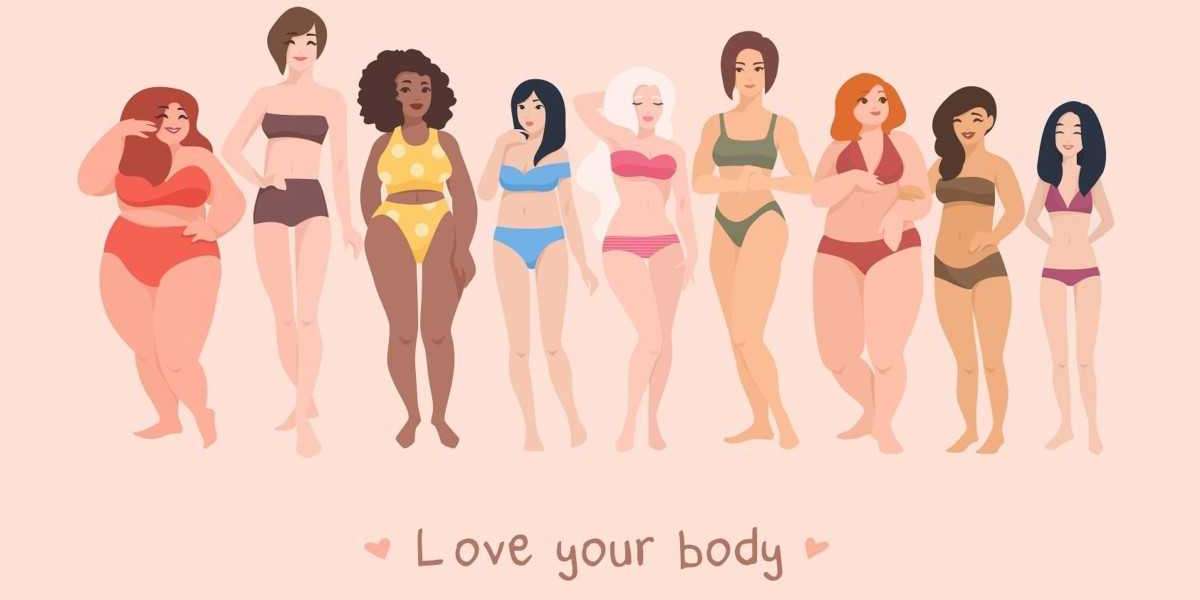Body positivity and self-acceptance are important values in the fitness world. For many people, fitness is not just about looking good or achieving a certain body type, but about feeling good and being healthy. In this blog, we will discuss the importance of body positivity and self-acceptance in fitness, and how to incorporate these values into your fitness journey.
What is Body Positivity?
Body positivity is the idea that all bodies are valuable and deserve respect and acceptance, regardless of their size, shape, or appearance. It is about embracing your body and learning to love it for what it is, rather than trying to conform to unrealistic beauty standards or societal expectations. Body positivity promotes the belief that everyone is worthy of love, respect, and happiness, regardless of their body type.
Why is Body Positivity Important in Fitness?
The fitness industry has a history of promoting unrealistic beauty standards and promoting a narrow ideal of what a "fit" body looks like. This can create an environment that is exclusionary and can make people feel unwelcome or insecure about their bodies. Body positivity is important in fitness because it promotes inclusivity and helps people feel more comfortable and confident in their bodies, which can make them more likely to stick with their fitness routine.
Incorporating Body Positivity into Your Fitness Journey
Here are some tips for incorporating body positivity and self-acceptance into your fitness journey:
Focus on health, not appearance: Rather than focusing on achieving a certain body type, focus on the health benefits of exercise, such as improved cardiovascular health, increased energy, and reduced stress.
Set realistic goals: Set achievable goals that are based on your own abilities and needs, rather than trying to match someone else's achievements.
Use positive self-talk: Practice positive self-talk to help combat negative thoughts and beliefs about your body. Instead of criticizing yourself, focus on the things you appreciate about your body and the progress you've made.
Celebrate progress, not perfection: Celebrate the progress you've made, rather than focusing on perfection or the things you haven't achieved yet.
Embrace variety: Embrace a variety of workouts and types of exercise, rather than focusing on a single type or goal. This can help keep your routine interesting and prevent burnout.
Find a supportive community: Surround yourself with people who support your fitness goals and who share your values of body positivity and self-acceptance.
Practice gratitude: Practice gratitude for your body and its abilities. Focus on what your body can do, rather than what it looks like.
Conclusion
Body positivity and self-acceptance are important values in the fitness world, promoting inclusivity and a healthy relationship with your body. By focusing on health rather than appearance, setting realistic goals, using positive self-talk, celebrating progress, embracing variety, finding a supportive community, and practicing gratitude, you can incorporate these values into your fitness journey. Remember that fitness is about feeling good and being healthy, and that every body is valuable and deserving of love and respect.






